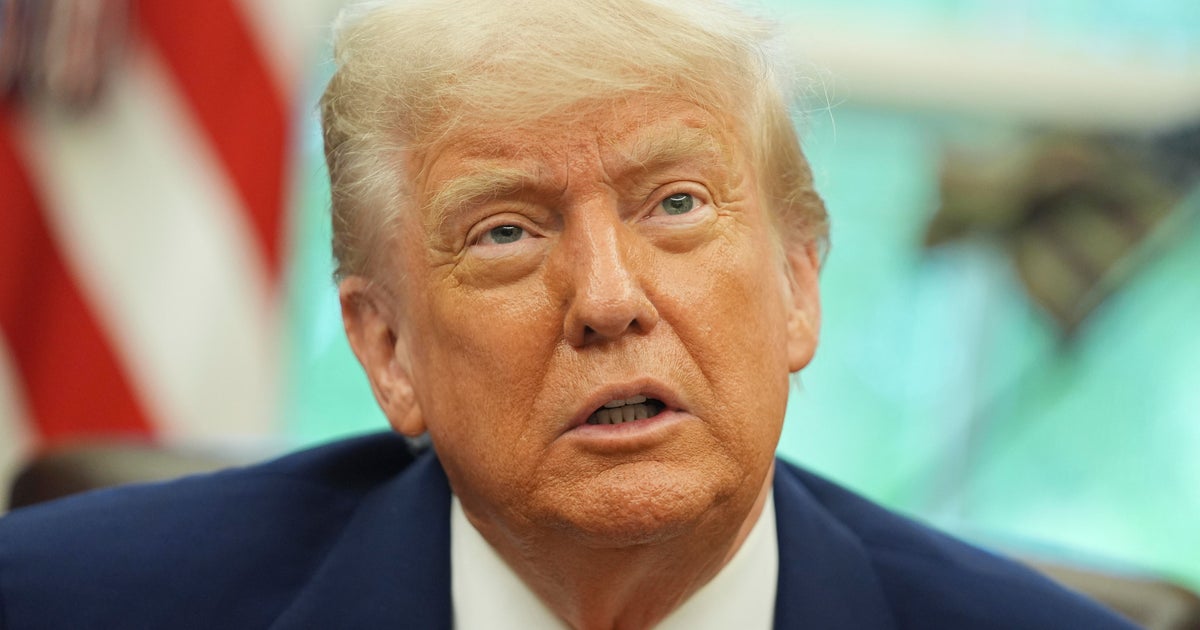In a recent shift that could hint at potential improvements in US-China trade relations, President Donald Trump indicated his openness to reducing tariffs imposed on Chinese goods. In a statement made via Truth Social, his personal social media platform, Trump noted, “80% Tariff on China seems right! Up to Scott B.” This message, although suggesting a hard stance on tariffs, also opened the door to potential negotiations and adjustments administrated by key figures like Treasury Secretary Scott Bessent and U.S. Trade Representative Jamieson Greer.
The significance of Trump’s comments is underscored by the challenging trade atmosphere that has characterized US-China relations in recent months. Previously, Trump had enacted tariffs of up to 145% on various Chinese imports, a move that was met with a stern response from China, imposing a 125% levy on American goods. This brisk escalation reflected a growing tension between the two economic giants, making the commerce and international markets uneasy.
In a pivotal development, a set of talks is scheduled to be held in Switzerland, marking the first publicly known discussions since the inception of the trade standoff. According to statements from a spokesperson from the Embassy of the People’s Republic of China, these discussions were instigated after careful evaluation of messages from the U.S., suggesting a reactive rather than proactive approach on their part.
This dialogue between the two nations arrives at a critical time when global markets and businesses reliant on trans-Pacific trade flows are feeling the pressure of increased tariffs. Not only are companies that depend on Chinese manufactured goods facing heightened operational costs, but American consumers are also beginning to feel the impact of rising prices on goods imported from China.
While the prospect of sustained high tariffs presents numerous challenges, there appears to be a glimmer of hope as analysts and investors eagerly anticipate more favorable outcomes from the upcoming talks. Adam Crisafulli, an equities analyst at Vital Knowledge, expressed skepticism about the initial high tariff posting by Trump, suggesting it might be part of a broader negotiation strategy. He noted, “Investors aren’t paying much attention to Trump’s ‘80% tariff on China seems right’ post, as people assume this is just part of the negotiation process.”
Further, there are reports circulating, as pointed out by media sources, that suggest tariffs could potentially be lowered to 50%-60% following the Geneva negotiations. Such a development would undoubtedly be met with positive reactions in the global markets, which have been suffering from increased volatility due to the ongoing trade war.
Confirming the sentiment of potential de-escalation, Ulrike Hoffmann-Burchardi, Chief Investment Officer at UBS Global Wealth Management, communicated a more optimistic outlook. In an email circulated among investors, Hoffman-Burchardi suggested that the tariffs might ultimately stabilize around 34%. This assessment hinges on the constructive tone and the initiation of high-level talks, suggesting a mutual willingness for compromise and solution-finding.
Amid these discussions, Trump’s administration also announced a trade deal with the United Kingdom, signaling a possible shift towards more open and expansive trade policies with other global partners. Trump celebrated this progression on Truth Social by asserting, “Many Trade Deals in the hopper, all good (GREAT!) ones!”
This flurry of trade activity reflects a broader strategy by Trump’s administration to renegotiate the United States’ position in global trade networks, balancing between protectionist urges and the practical necessities of global interconnected markets.
As the talks in Switzerland approach, businesses, policy analysts, and global market watchers will be closely monitoring developments, hoping for resolutions that could lead to stabilized trade policies and reduced tariff barriers. This would not only be beneficial for economic stability but also for consumers who have been caught in the crossfire of tariff-induced price increases.
The outcome of these negotiations could set a significant precedent for future international trade discussions and have long-reaching effects on global economic health and policy direction. All eyes remain on Switzerland this weekend, as the world waits to see if this meeting can thaw the frosty relations and lead towards a more cooperative and prosperous bilateral trade future.









